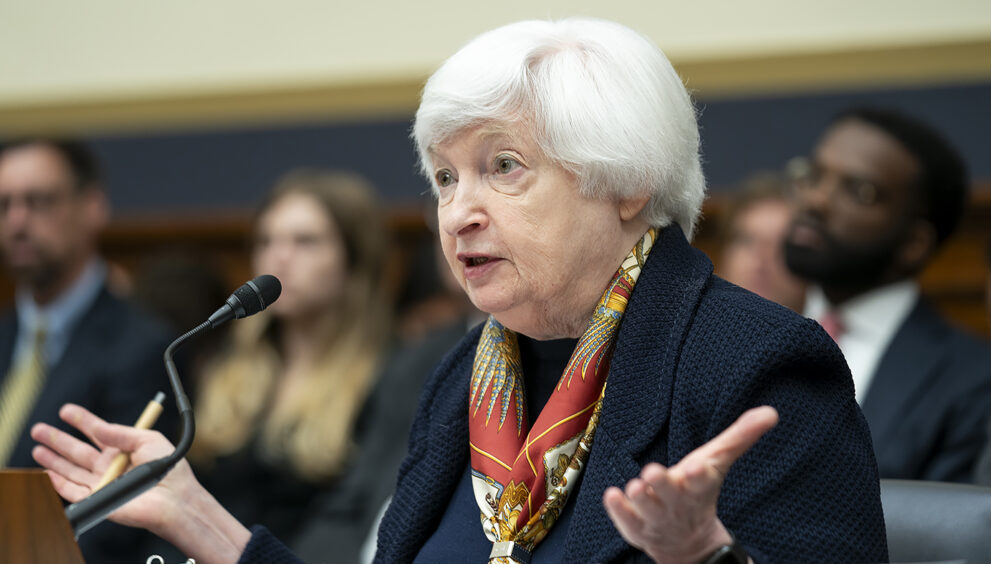Janet Yellen’s Misconceptions regarding US Manufacturing and More

The former Treasury Secretary, Janet Yellen, expressed doubts about President Trump’s goal of reshoring manufacturing to the United States, calling it an unrealistic ambition. This statement seems contradictory given that President Biden campaigned on revitalizing American manufacturing as a pivotal component of his pledge to restore the economy “from the ground up and centered out.”
It raises questions about whether Yellen believed in Biden’s electoral promises. Did she support the CHIPS Act, which allocated billions of dollars to semiconductor companies to foster their transition to domestic production? Yellen also questioned the rationale behind Trump’s trade tariffs, labeling them as a “self-inflicted mistake.”
When Biden assumed office, he maintained the tariffs imposed on Chinese imports by Trump and introduced further tariff increases to safeguard American industries. These measures included a 100 percent tariff on Chinese electric vehicles and a 50 percent duty on solar panels. Did Yellen oppose these levies on imports from China?
In essence, is Yellen’s skepticism about US manufacturing and her negative stance on tariffs rooted in her opposition to Trump or in her deep-seated belief that American competitiveness is unattainable? If her lack of faith is genuine, she should have expressed her opinions publicly rather than advocating for extensive taxpayer funding for an improbable cause.
Ironically, Yellen made these disparaging comments on the same day Nvidia announced its commitment to fully manufacture its AI supercomputers within the United States for the first time. Nvidia, along with its partners, plans to establish a substantial AI infrastructure worth up to $500 billion in the US over the next four years by constructing and testing NVIDIA Blackwell chips in Arizona and AI supercomputers in Texas.
Several other companies have also pledged substantial investments in the US since Trump took office for the second term. These firms include Johnson & Johnson, Softbank, Novartis, Lilly, and Taiwan Semiconductor Manufacturing Company.
Contrary to Yellen’s stance, Trump’s tariffs have provided various incentives for companies to relocate their manufacturing operations to the US to access the large American consumer market. Bringing manufacturing back to the US is indeed achievable but will require a different approach from the past.
The evolution of AI and robotics is gradually reducing the need for human labor over time, impacting job creation despite the rise in domestic production. Additionally, the US’s abundance of low-cost energy resources, fueled by Trump’s energy-friendly policies, enhances its competitiveness compared to countries like Germany with high energy costs.
Moreover, the US offers a conducive environment for businesses with low taxes and minimal regulations, making it an attractive investment destination. Due to these advantages, Yellen’s skepticism is likely to be disproved, especially given her history of erroneous assessments on matters such as inflation, Iranian sanctions enforcement, and national debt interest rates.






















































































































































































































































































































































































































































































































































































































































































































































































































































































































































































































































































































































































































































































































































































































































































































































































































































































































































































































































































































































































































































































































































































































































































































































































































































































































































































































































































































































